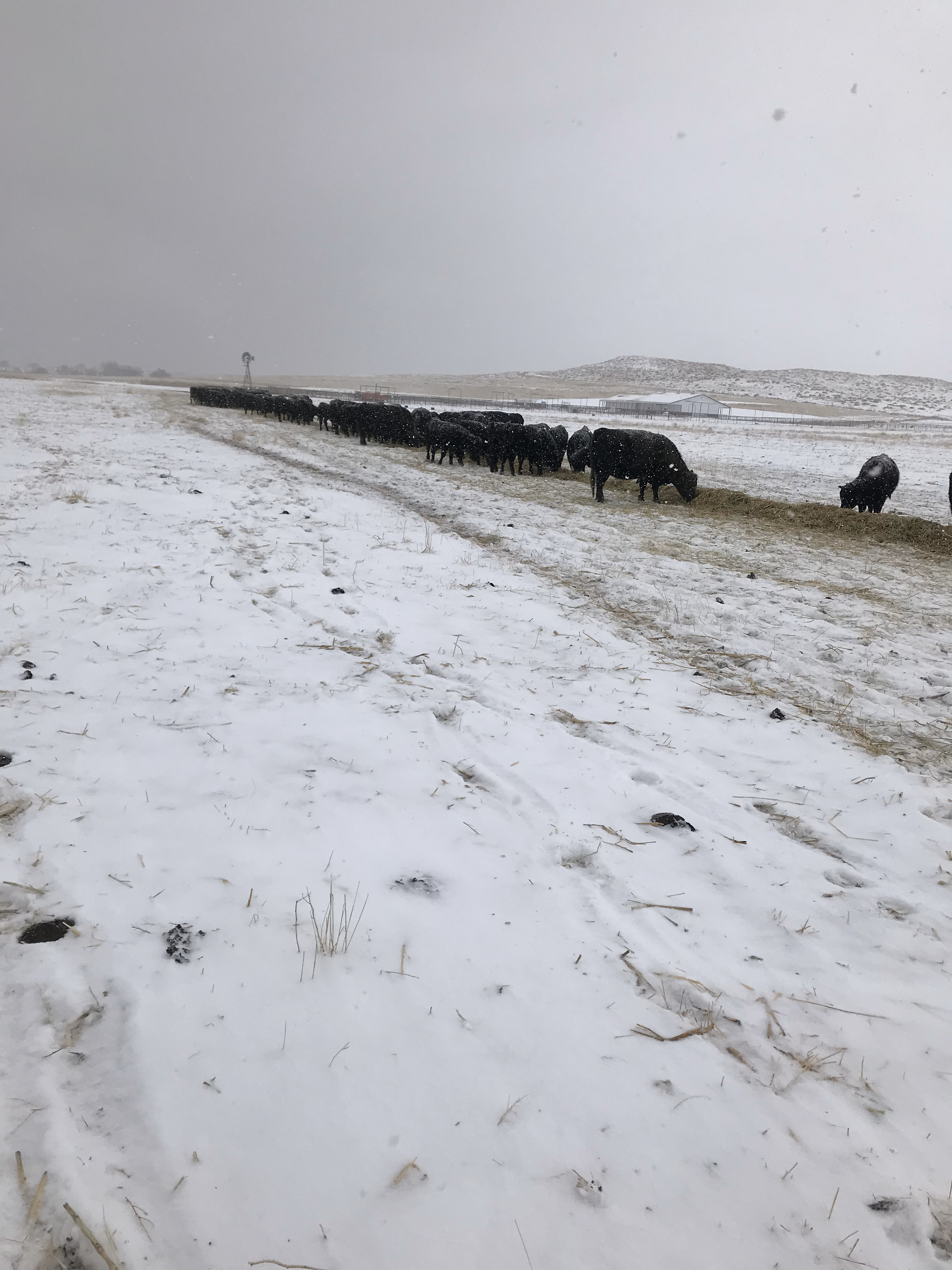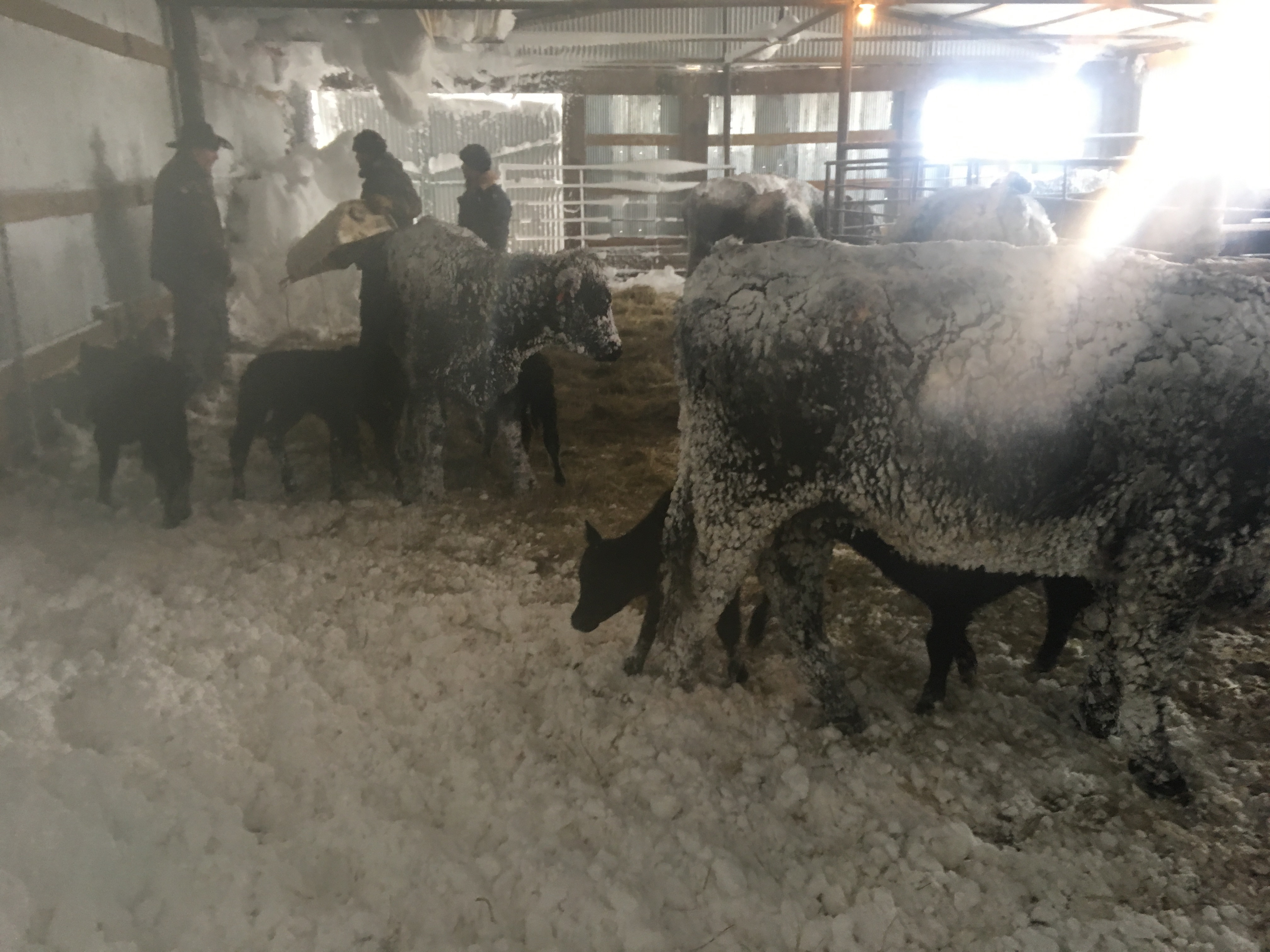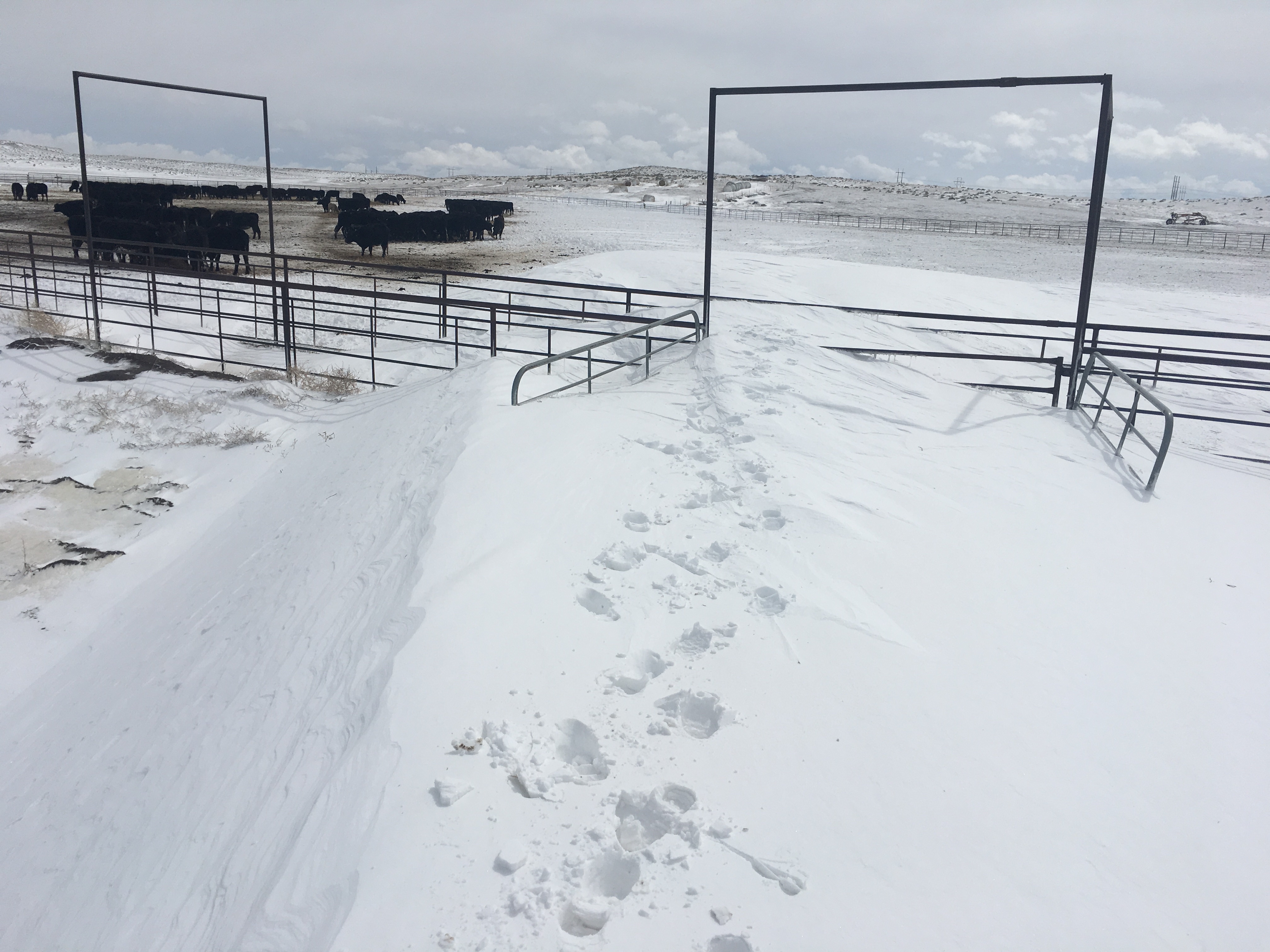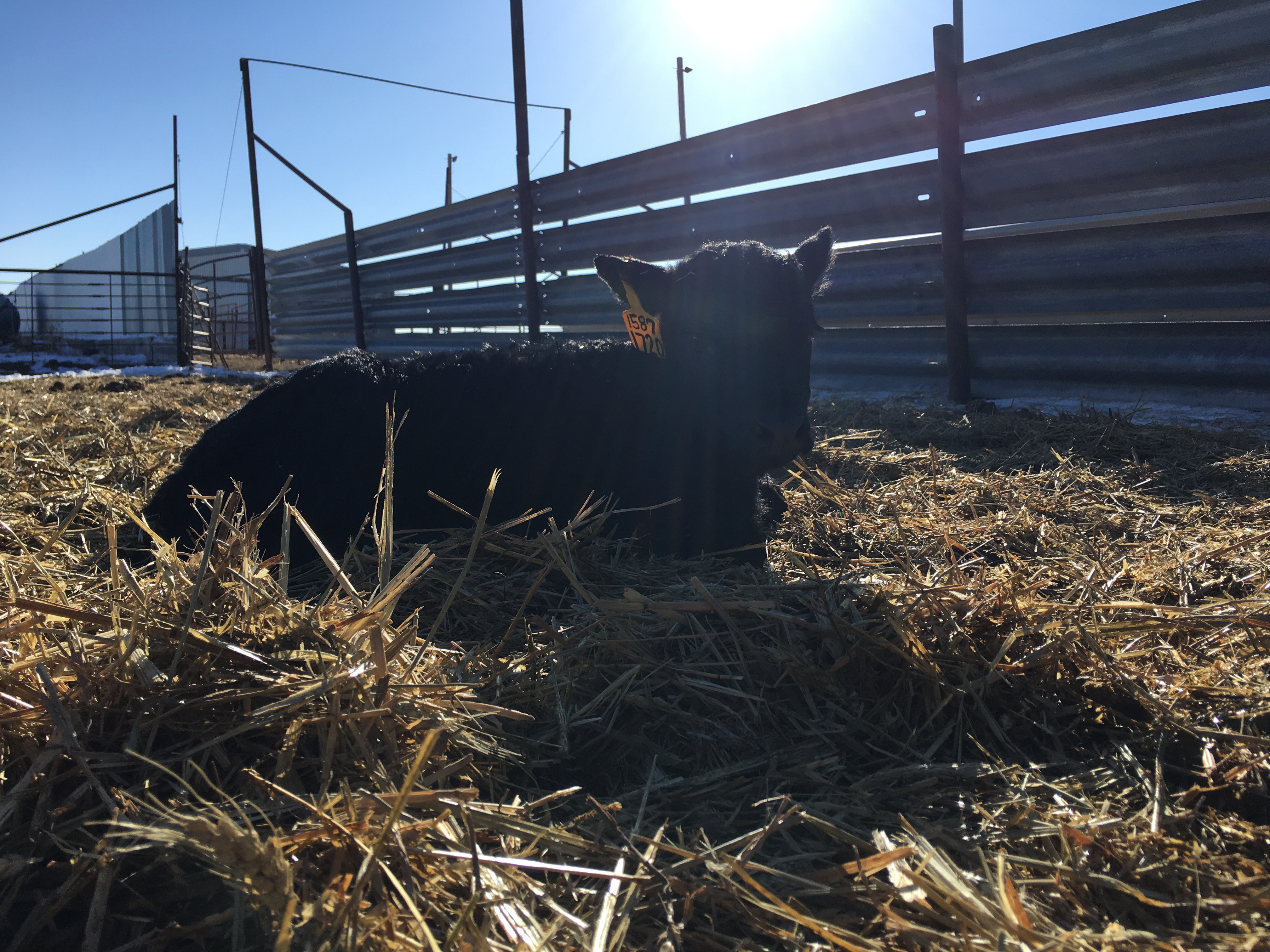Stars dot the black, Eastern Colorado sky amid a “few and far between” drizzle. The breeze blows gently through the open windows, cooling the house from the warm autumn day. In the quiet of the night, husband and toddler snoring peacefully in bed, me and the baby rocking back to sleep; I am reminded of the blessings afforded to me because I live in the greatest country in the world, The United States of America. On the back’s of God, the American Soldier, and the American Rancher and Farmer, we are afforded luxuries that the majority of the world will never know. We have the freedom to walk and talk how we want, believe in what we want, we even have the ability to be particular about what we eat, when many people around the world don’t know when and if their next meal will come. Social media and the attack on American agriculture, particularly animal agriculture, is indicative of the privilege afforded to us in this country. We are privileged beyond belief that our grocery stores of full, shelves are stocked, and the less than two percent of the population is busting their backsides to feed one-hundred percent of the population. Our “food freedoms” are provided to you through, responsible crop and animal husbandry, sustainability and conservation practices, and our freedom as American’s to provide for our fellow countrymen and the World.

United States agriculture provides the most well-regulated food source in the world. Food-quality standards are unmatched and extremely strict, providing a safe, abundant, and economical source of food and fiber for the American consumer. Our farming practices, whether it’s grains or fruits and vegetables, are accessible to all and in abundant supply. Not only are we able provide for our own people, but we also exported over 135 billion dollars in agricultural products in 2020 (https://www.statista.com/statistics/220767/total-value-of-us-agricultural-exports-since-2000/). The United States is a food and fiber super-power. Our country’s meat supply is also unmatched in every way. Many animal husbandry practices and regulations are in place to ensure a high-quality product that is safe and humanely raised. Meat standards in this country are higher than anywhere else in the world, which is why we should know where our meat comes from through “Country of Origin” labelling (however, this is a different story for a different day). With a highly regulated and carefully crafted diet, feedlots and grass operations alike, are able to grow more beef for the consumer with less water, less animals, and less illness. This process creates not only a nutritious product, but one that can be provided for, for years to come. You can always feel good, whether you buy your protein and fiber from the grocery store, the local co-op, or an individual producer, about the amazing American made product you fuel your family with.
As agriculturalist, there is nothing more important to producers than providing a safe and accessible product, but also one that can be produced for generations to come. Without longevity in our industry, we would lack food security and the ability to pass down traditions and legacy’s to the next generation. For producers, it is of the utmost importance to care for the land, crop, and livestock responsibly. Responsible and sustainable stewardship is not only the right thing to do, it’s just good business. To properly care for the land, means that it is able to not only generate an income, but it also provides for all forms of life that rely upon it. As I always say: producer’s are the original environmentalists, you know! On a daily basis, producers work with delicate ecosystems and land types that require fervent and regular stewardship to maintain quality and health of the grasses and soils. No one has more interest in maintaining the integrity of the land than the producers themselves. That’s why it always baffles me when you see things in the media demonizing the livestock industry regarding climate change and long-term sustainability. In order to feed the world and to maintain a profitable, multi-generational business, we have to treat the environment with the utmost care. Without it, we have nothing. Farmland and rangeland alike provide an unmatched carbon sequestration and provide important habitat for native species (https://greentumble.com/positive-effects-of-agriculture-on-the-environment/). Agriculture aids in maintaining native grasslands, water sources, and habitats, by inhibiting commercial and residential expansion. It allows us to keep open spaces and places to continue to produce fuel for the mind and body’s of Americans and people of the world, alike. No one is more passionate about conserving a fruitful and productive environment than farmers and ranchers; without it, we can’t do our jobs.
Without the freedoms afforded to us in this great country, we wouldn’t be able feed the world. Because we have the right to life, liberty, and the pursuit of happiness, the American producer is able to supply the most abundant, affordable, and sustainable source of food, fiber, and protein, the world has ever known. Through “AGvocating” on behalf of the industry and open, honest communication between producers and consumers, we can combat misinformation about how our food is produced and give the industry a future. Regardless of what walk of life you come from, where you live, or what you do for a living, nothing is more important than how you fuel your body. Without food, no one can do their jobs, no one can live. It seems to be so effortless to criticize where your food comes from when you’ve never known hunger. As a society, we need to be educated about agricultural production so that the general population knows the difficulties and dedication it requires to produce food and fiber. Your groceries don’t grow in the back of the supermarket! So, today, and everyday, be thankful for the American Farmer and Rancher for the food on your table, the clothes on your back ,the libations in your cupboard, and so much more. We are blessed beyond belief in this country for our freedoms of every kind, food included. God Bless America and God Bless the American Farmer and Rancher.



















